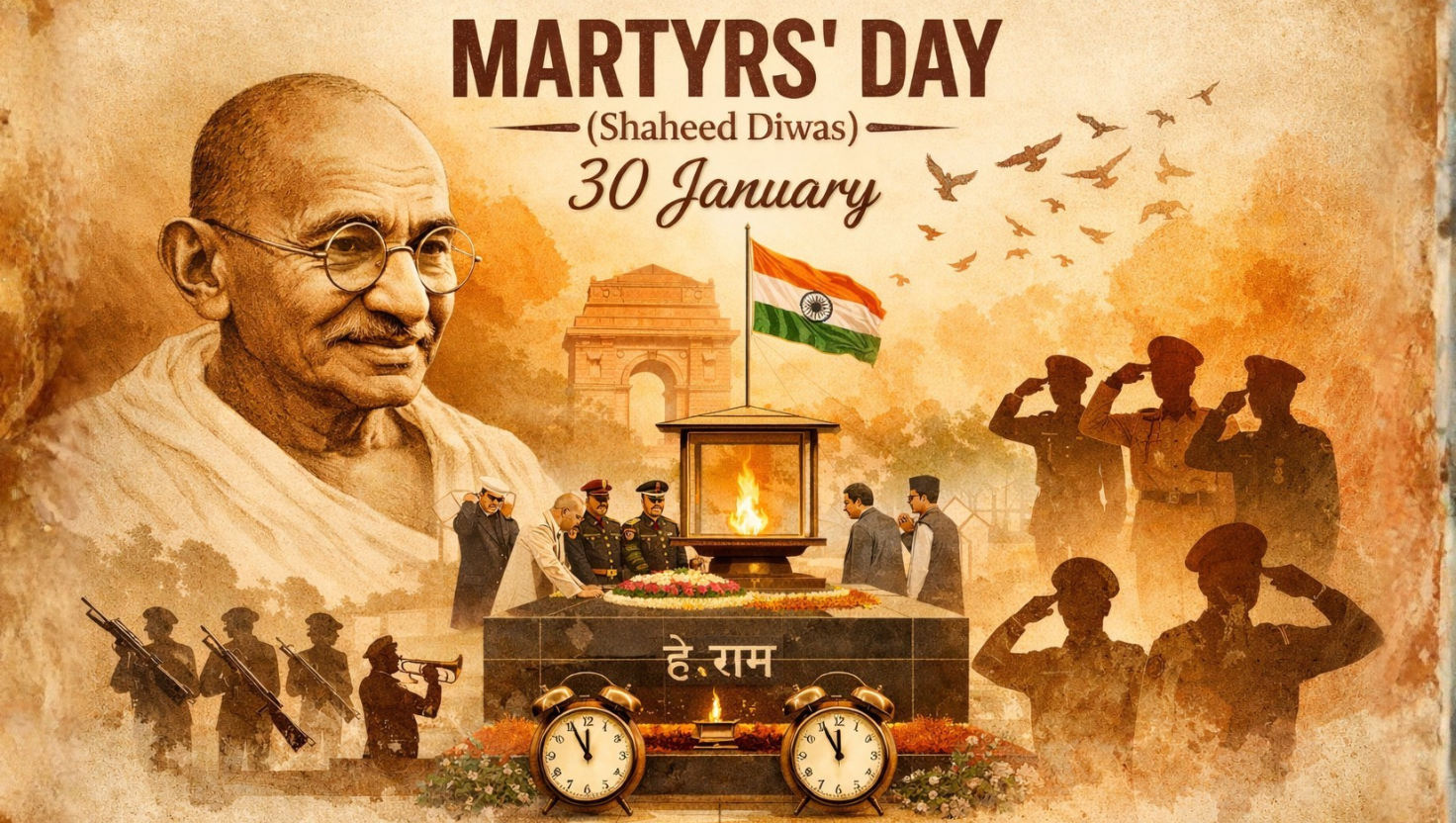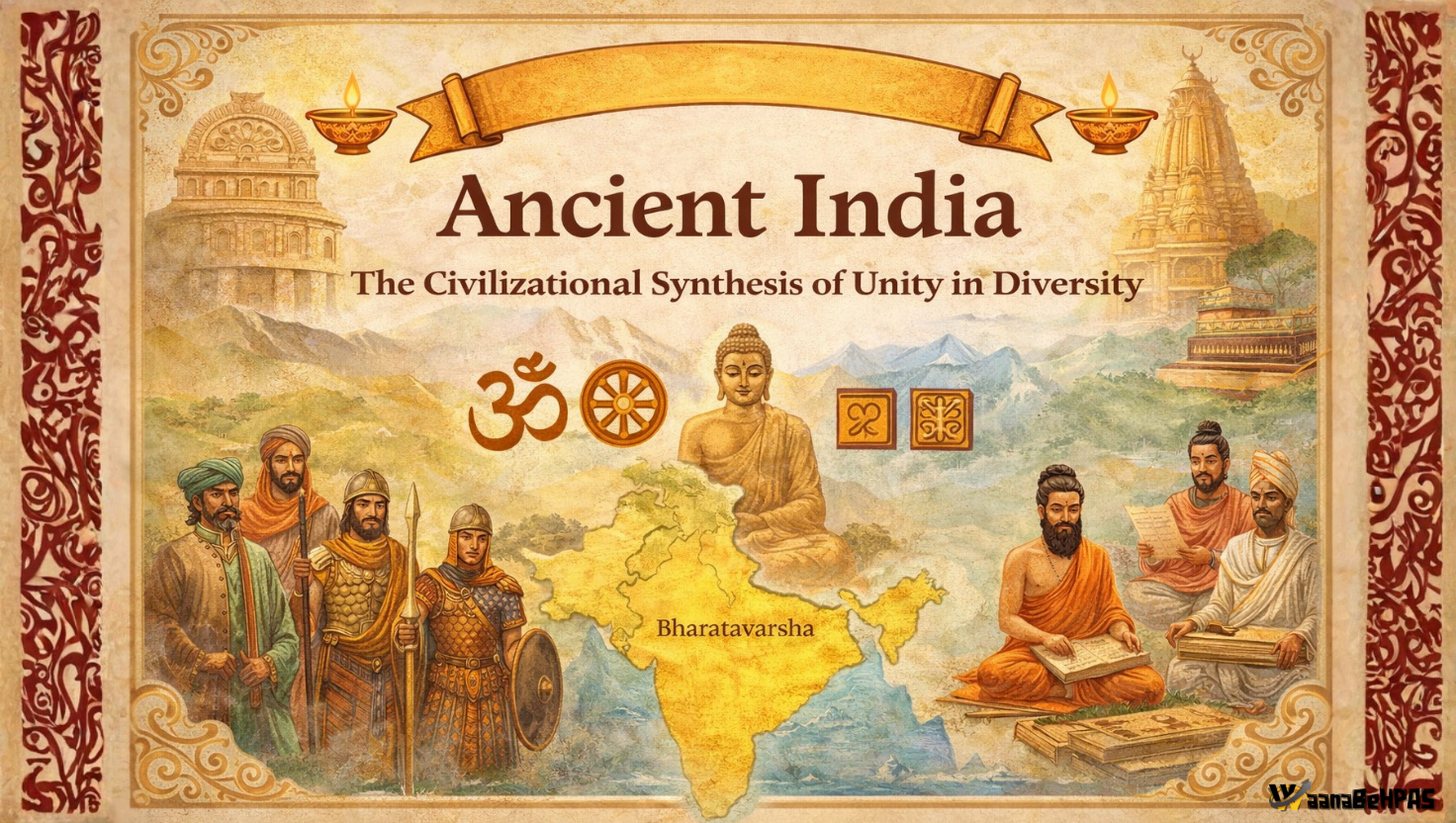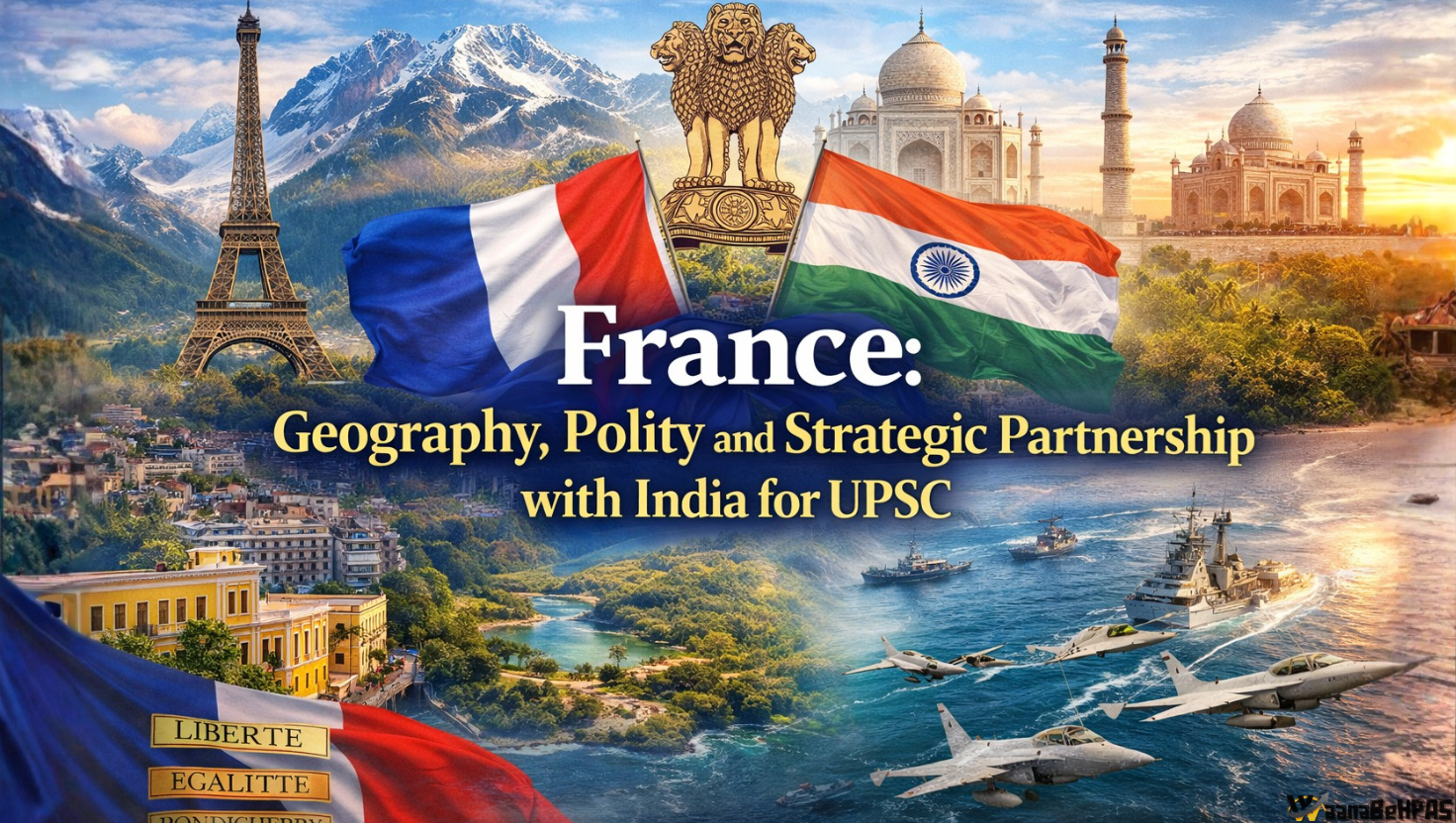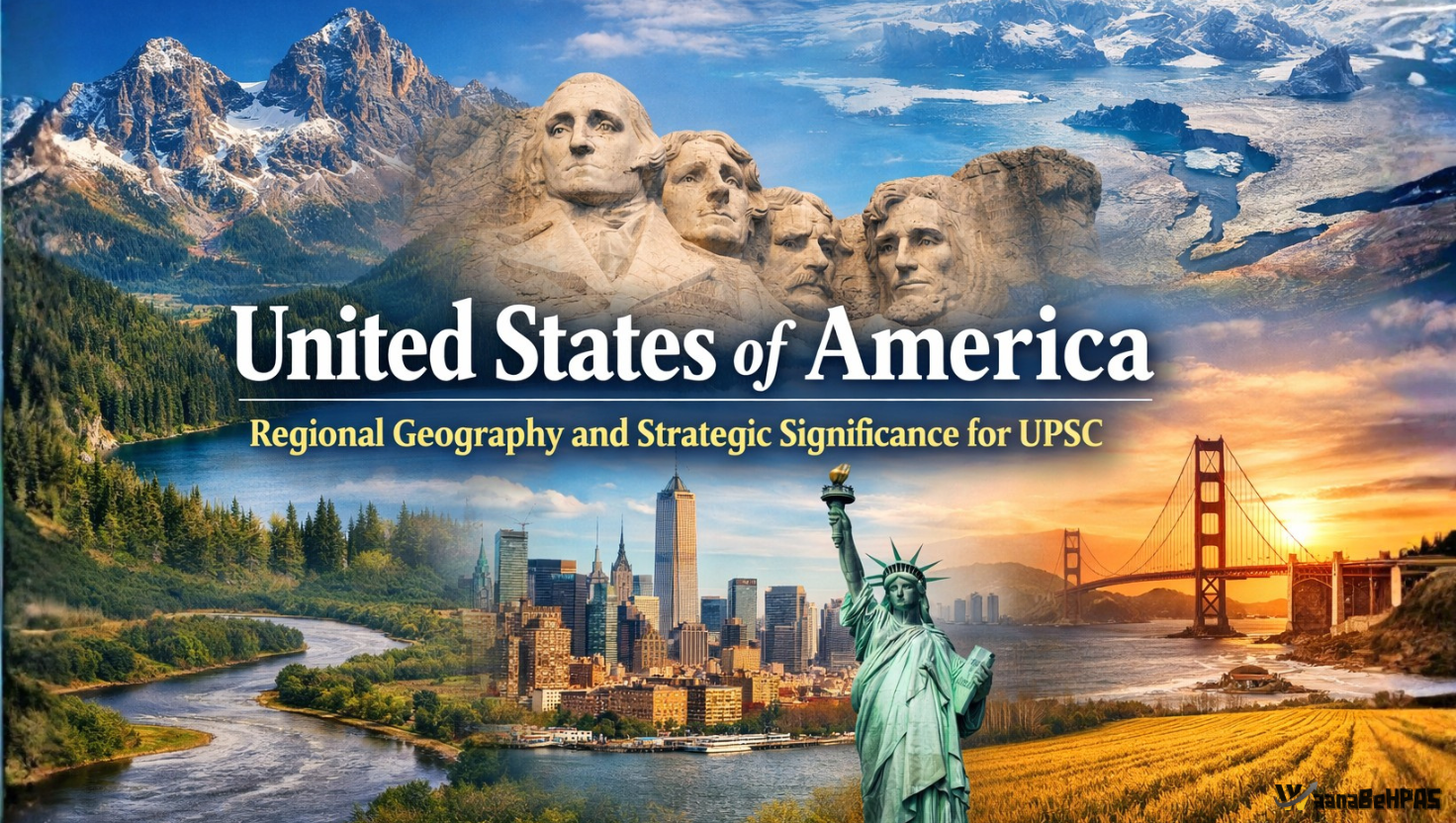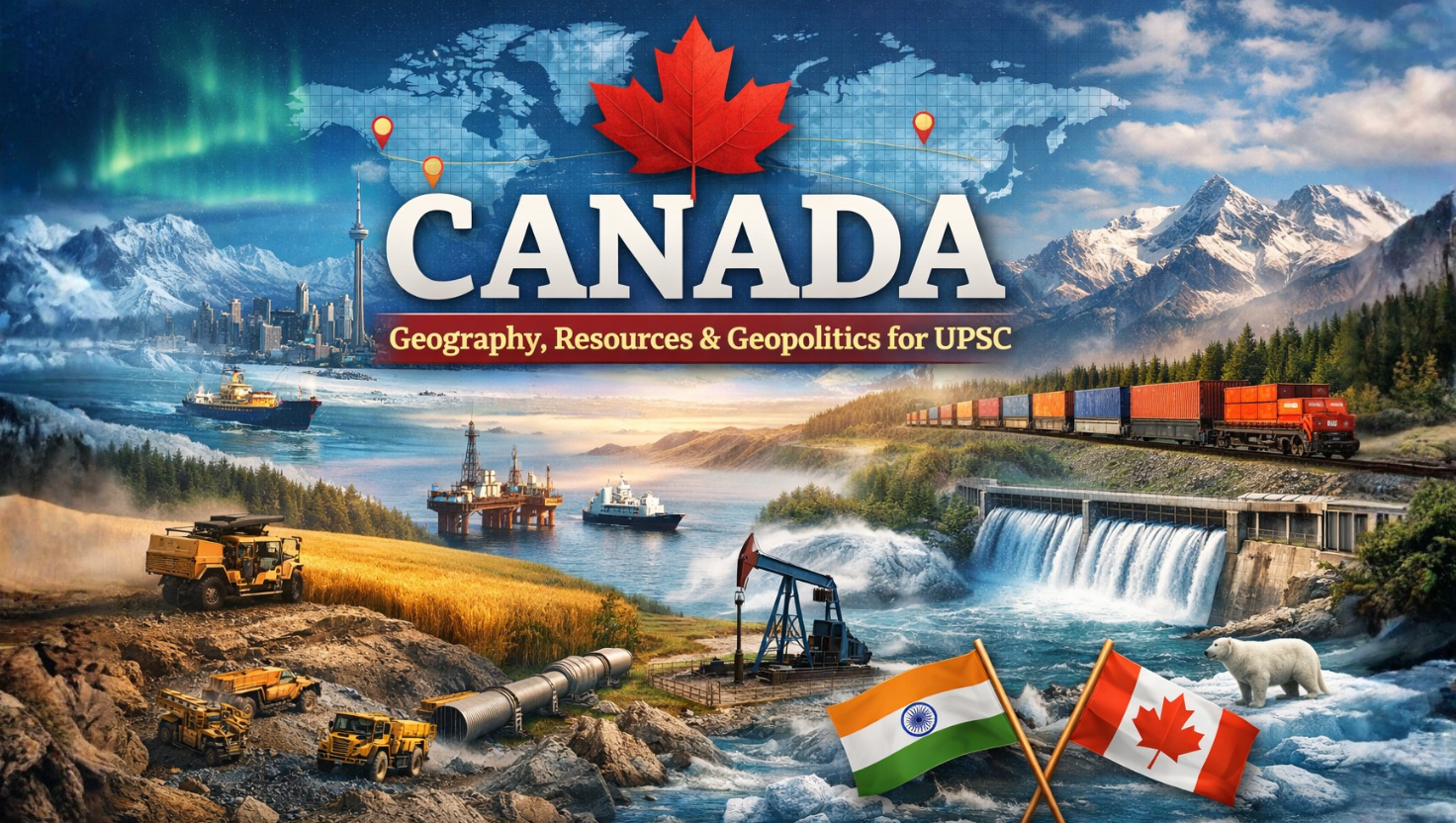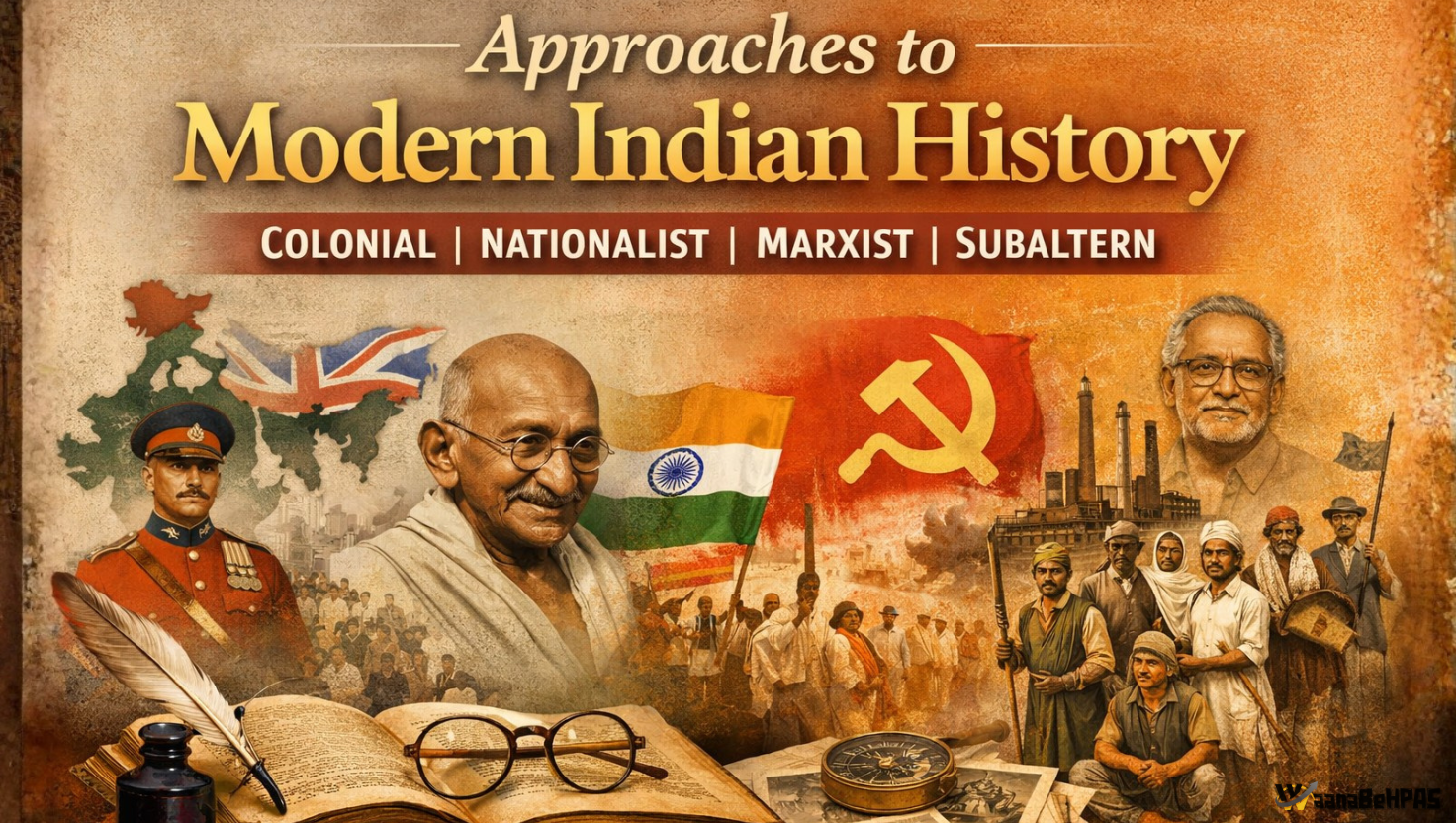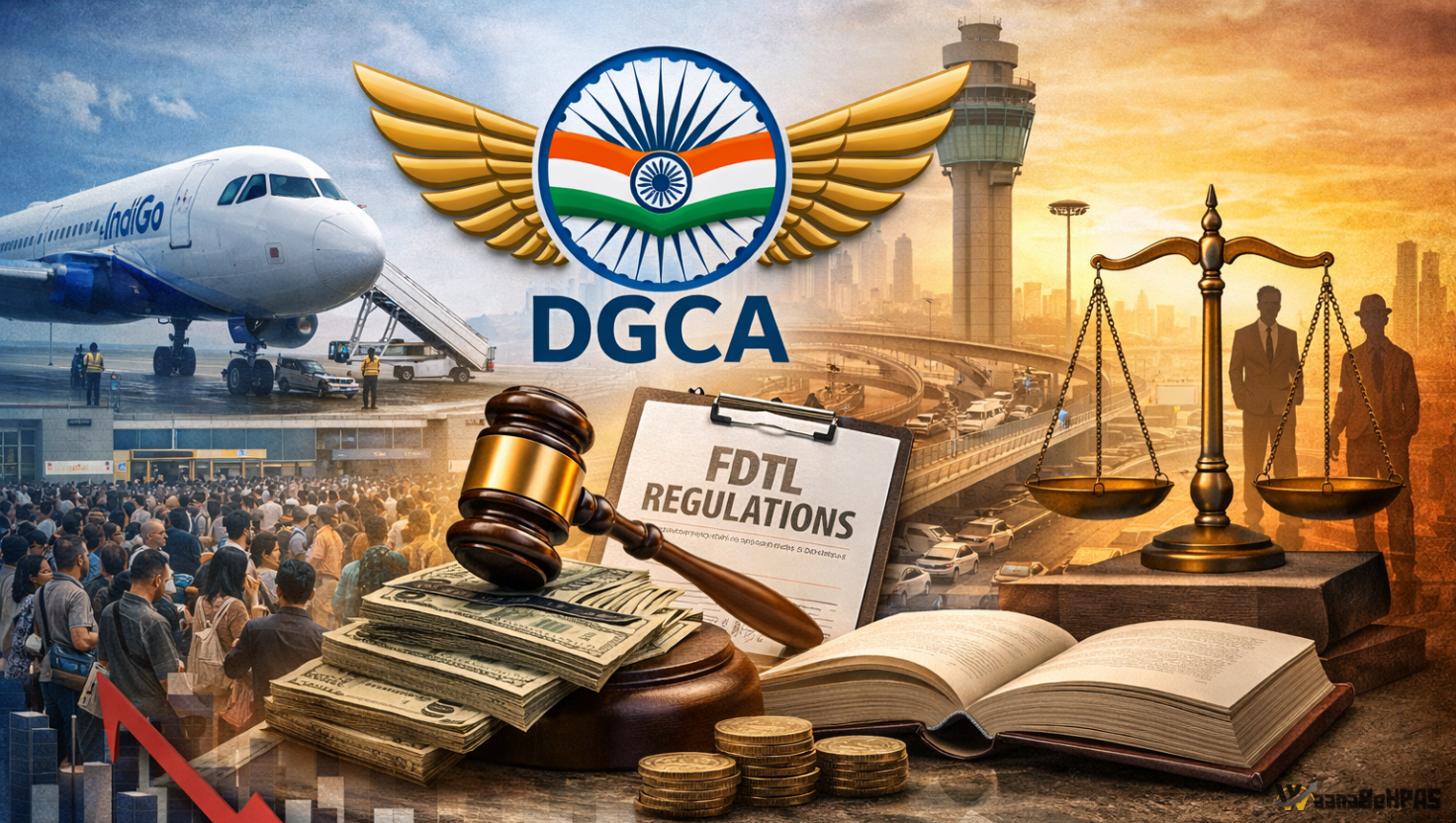India and the Global South
Syllabus: International Relations (UPSC GS-II)
Source: Deccan Herald
Context
The Indian Prime Minister’s recent visit to five countries—Ghana, Trinidad & Tobago, Argentina, Brazil, and Namibia—highlights India’s renewed focus on engaging with the Global South, strengthening its leadership among developing nations.
What is the Global South?
The Global South refers to developing and emerging economies in Asia, Africa, Latin America, and Oceania that face similar development challenges and seek a greater voice in global decision-making.
- Origin:
- Term coined during the Vietnam War (1960s), popularised through the Brandt Line (1980) which separated the wealthy “North” from the developing “South”.
- Gained renewed attention post-COVID-19, Ukraine war, and climate crises.
- Key Features:
- Not strictly geographical: Includes northern countries like India and China.
- Often underrepresented in institutions like the UN, IMF, and World Bank.
- Common priorities: Poverty alleviation, energy and food security, climate justice, and fair trade.
- Represented through platforms like G77, Non-Aligned Movement, and Voice of the Global South Summit (led by India).
Challenges Faced by the Global South
- Climate Vulnerability:
Despite low emissions, countries face severe climate impacts.- Example: African nations contribute <4% of global CO₂ but suffer frequent climate shocks.
- Debt Crisis:
COVID-19 and inflation have worsened debt burdens.- Example: Sri Lanka’s economic collapse, Zambia’s debt default.
- Resource Weaponisation:
Limited access to critical minerals like lithium and rare earths.- Example: China controls ~70% of global rare earth processing.
- Digital Divide:
Poor digital infrastructure limits access to AI, fintech, and public services. - Geopolitical Marginalisation:
No permanent Global South representation in bodies like the UN Security Council.
India’s Role in the Global South
India has positioned itself as a key voice and bridge for Global South concerns:
- Diplomatic Initiatives:
- Hosted the Voice of the Global South Summits (2023 & 2024).
- Advocated for African Union’s inclusion in the G20 under its 2023 presidency.
- Strategic Partnerships:
- Ghana: Rare earth minerals, maritime cooperation.
- Argentina: Lithium exploration via KABIL in Catamarca.
- Namibia: Rollout of UPI fintech, focus on biofuels and minerals.
- Brazil: Defence ties, including interest in India’s Akash missile system.
- Cultural & Soft Power:
PM Modi’s addresses to foreign parliaments, promotion of Yoga, and engagement with Indian diaspora communities. - Balanced Diplomacy:
India maintains strategic autonomy—e.g., neutral positions on Gaza and Iran in BRICS—while preserving South-South solidarity. - Technology & Infrastructure Sharing:
- Export of Digital Public Infrastructure (UPI, telemedicine).
- Support for climate-resilient infrastructure through CDRI (Coalition for Disaster Resilient Infrastructure).
Way Forward
- Reform Global Governance:
Lead efforts to democratise UNSC, WTO, and IMF. - Secure Mineral Supply Chains:
Invest strategically in resource-rich regions of Africa and Latin America. - Strengthen South-South Finance:
Leverage platforms like the BRICS Bank and International Solar Alliance (ISA) to fund clean energy and tech initiatives. - Institutionalise Voice of Global South:
Establish a permanent forum, coordinated by India, to align positions in global negotiations. - Enhance Regional Cooperation:
Deepen ties with regional blocs such as CARICOM, African Union, ECOWAS, and Mercosur.
Conclusion
India is transitioning from being a recipient of global aid to a shaper of global agendas. Through strategic diplomacy, economic outreach, and cultural leadership, India is emerging as a credible voice for the Global South.
To sustain this momentum, India must institutionalise its initiatives and push for an inclusive and representative global order.


